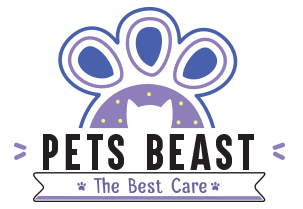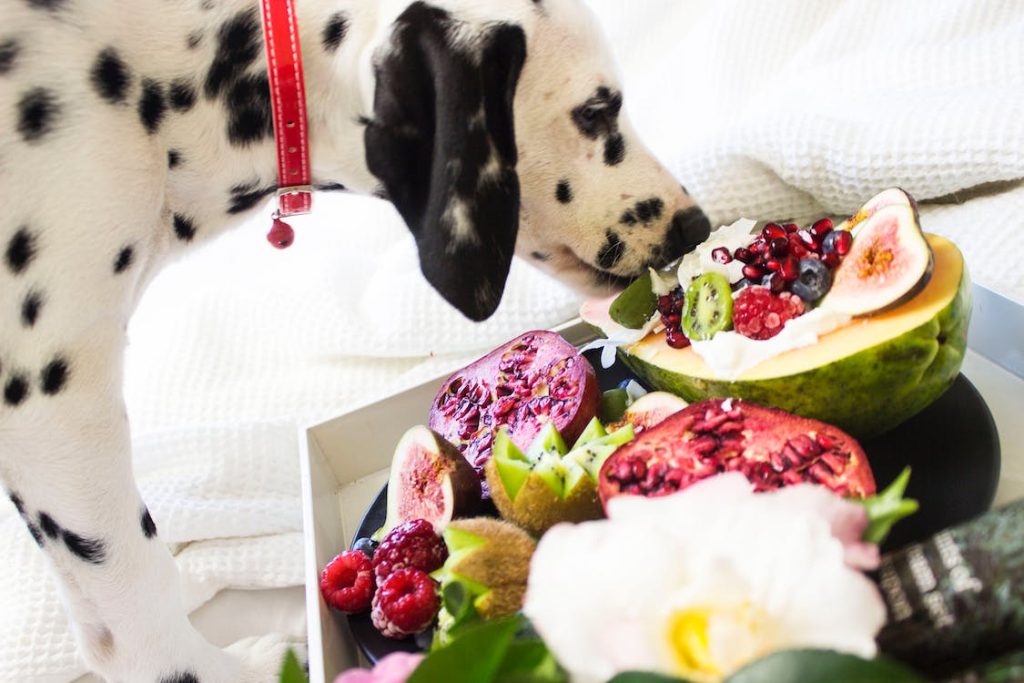Are you considering adding olives to your guinea pig’s diet? It’s a common question among pet owners, and the answer is important to ensure your guinea pig stays healthy. Read on to learn more about why olives are not recommended for guinea pigs and what other foods are safe for them to eat.
Is Olive Oil Safe for Guinea Pigs?
No, olive oil is not safe for guinea pigs to consume. While olive oil has several health benefits for humans, it can be harmful to guinea pigs. Guinea pigs are herbivores and require a diet that is high in fiber and low in fat. Olive oil is high in fat, which can lead to obesity, digestive problems, and other health issues in guinea pigs. Additionally, the high-fat content of olive oil can cause liver and kidney problems in guinea pigs. Therefore, it is important to avoid feeding olive oil or any other oily and fatty foods to your guinea pig. Stick to a balanced diet of hay, fresh vegetables, and limited amounts of fresh fruit to keep your guinea pig healthy and happy.
Why Not Olives?
Olives contain a high amount of salt, which can be toxic in large amounts. They can also cause bloating, constipation, and dehydration in small animals like guinea pigs because their bodies cannot process salt as easily as humans. In addition, olives contain some acidic compounds that can also irritate your pet’s digestive system if eaten in large amounts. The pit of the olive should never be given to any animal due to the potential risk of intestinal blockage.
What Can Guinea Pigs Eat?
Guinea pigs are herbivores and require a diet rich in hay and fresh vegetables. Guinea pig-friendly fruits include apples, pears, strawberries, blueberries, cantaloupe, bananas, and raspberries (but only in small amounts). Vegetables such as carrots, bell peppers, kale, parsley, spinach, and broccoli are also safe for guinea pigs to eat. Additionally they need plenty of fresh water every day.
How Do I Feed My Guinea Pig?
It’s important to feed your guinea pig an appropriate portion size based on their age and size. Generally speaking one-fourth cup of hay per day is enough for an adult guinea pig; however this can vary depending on their individual needs. Fresh fruits and vegetables should be provided daily in limited quantities—about 1/4 cup per day is recommended for adult guinea pigs—and pellets should be given sparingly as treats no more than once a week. Offerings should always be washed thoroughly before feeding them to your pet.
Conclusion:
In conclusion it’s best not to feed olives or any other salty food item directly from the kitchen table to your pet guinea pig due to the potential health risks they pose. Instead provide plenty of fresh hay along with small portions of fresh fruits and vegetables designed specifically for their dietary needs such as those listed above so that they will have a balanced diet full of necessary vitamins and minerals needed for good health! With adequate care your sweet little pocket pet will live a long happy life!







